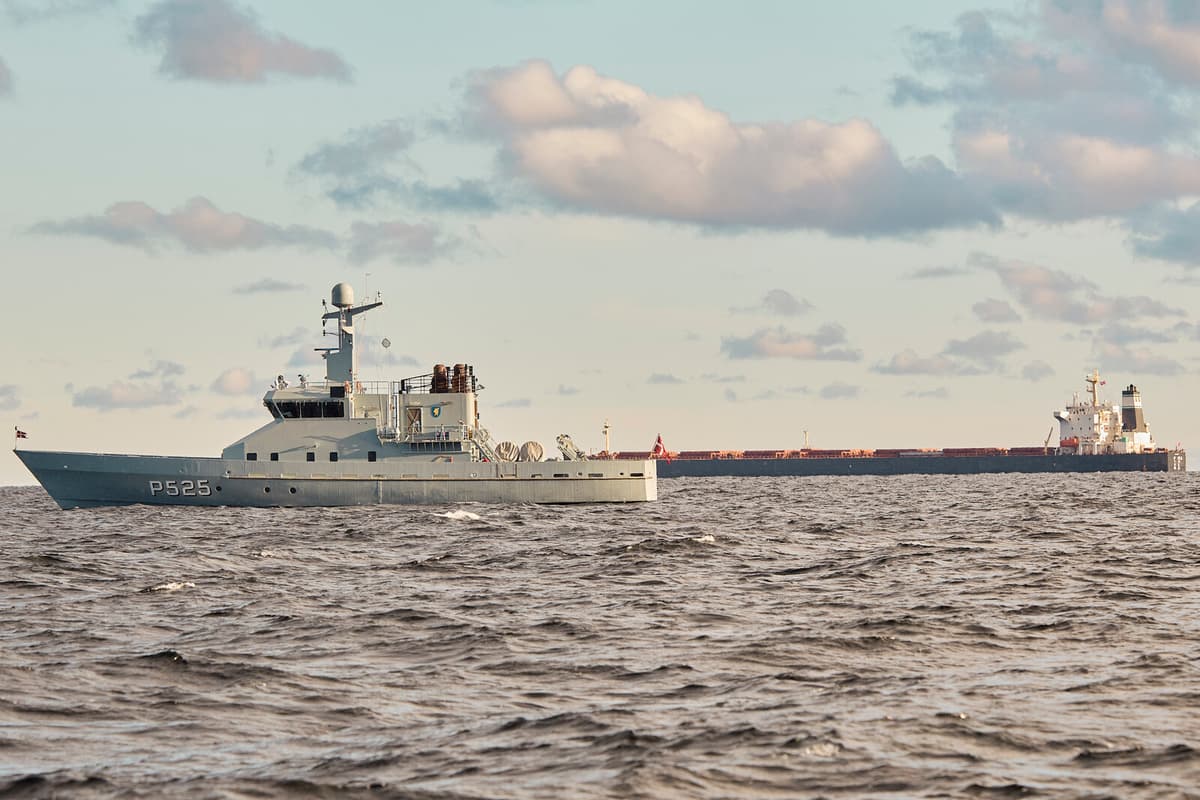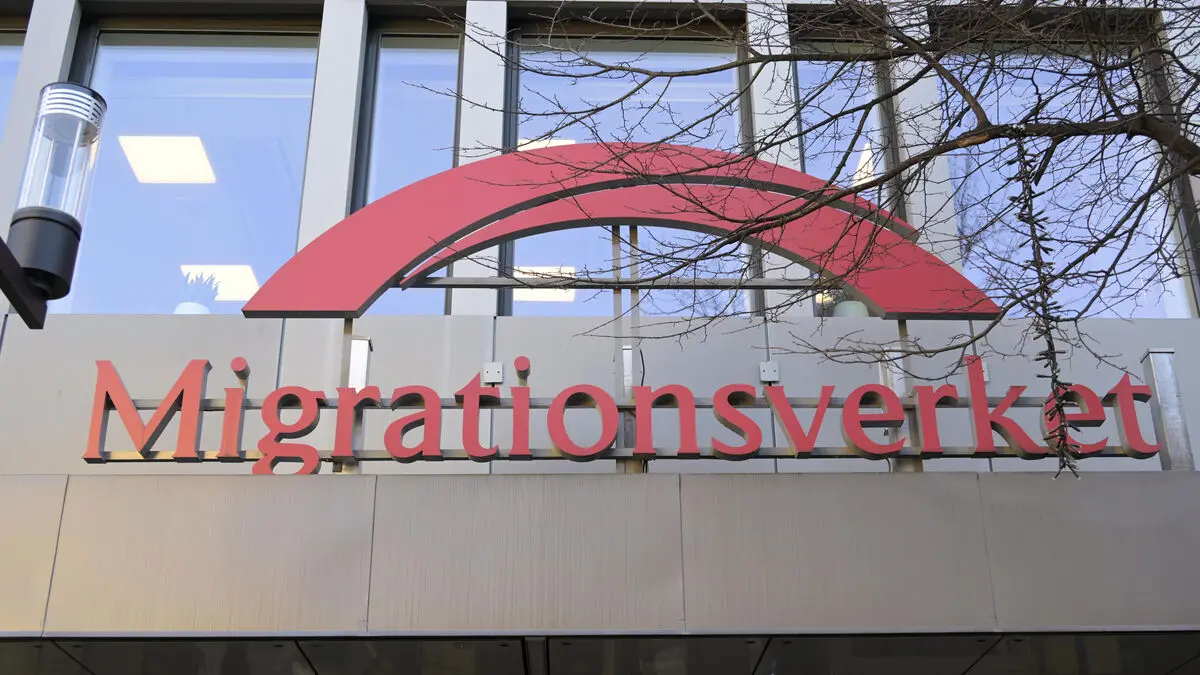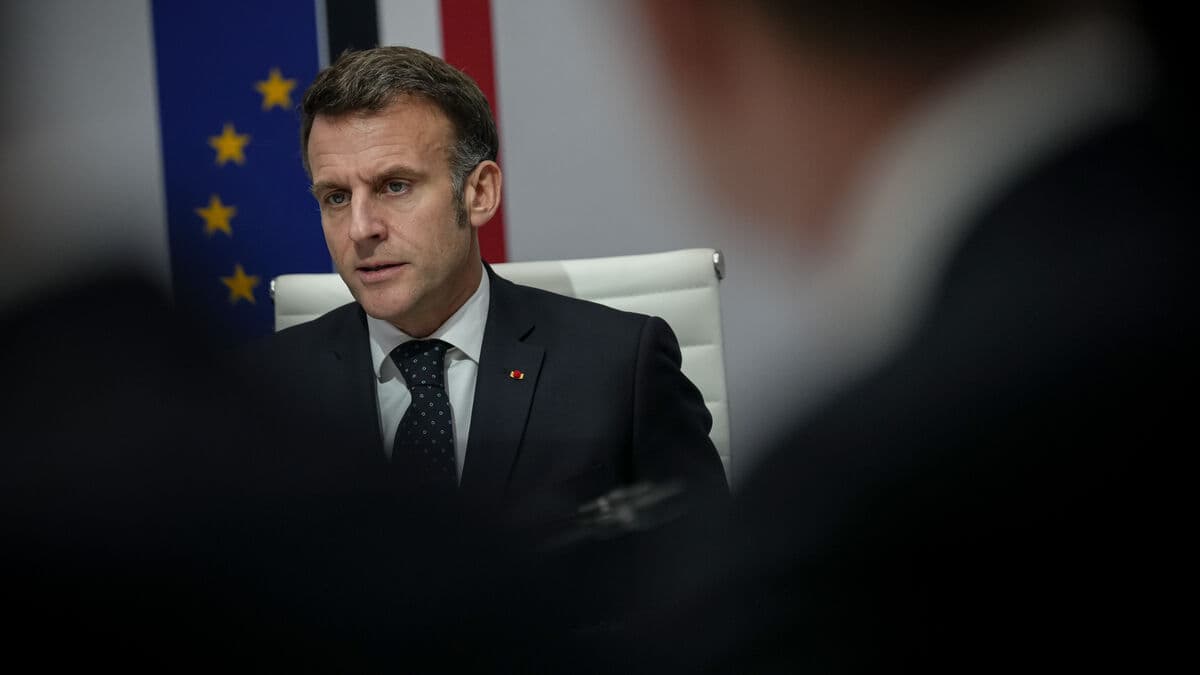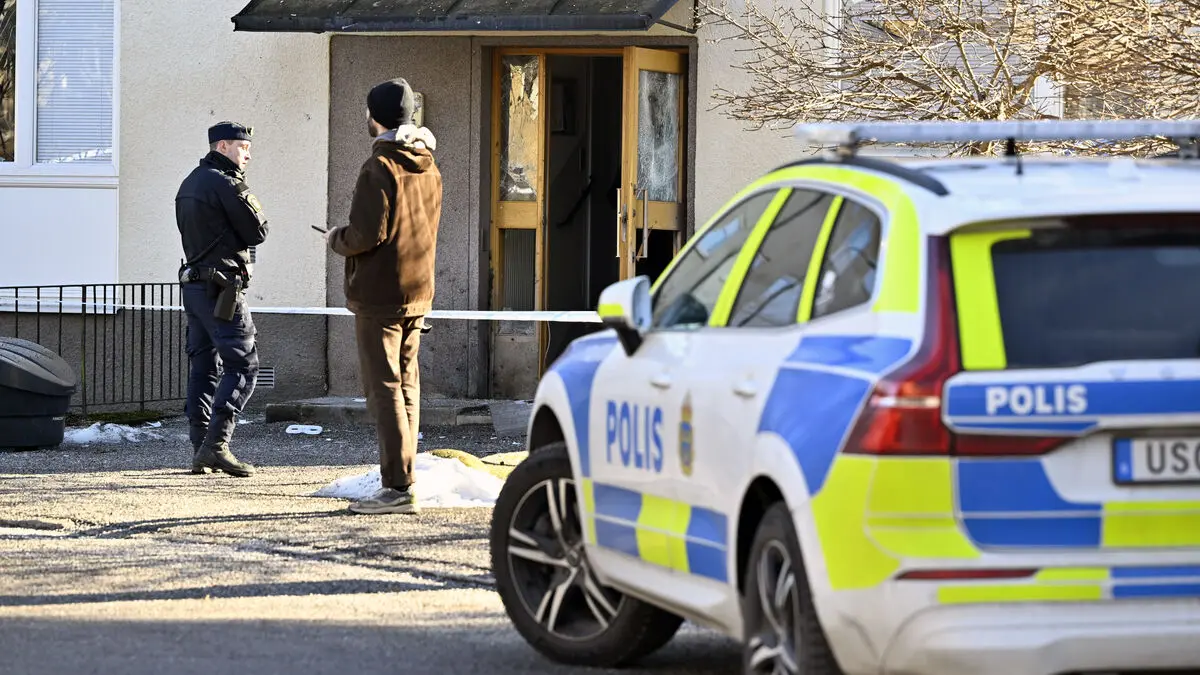When two important data cables were damaged on the bottom of the Baltic Sea about a week ago, it was underscored in Sweden, among other places, that they appear to have been exposed to something very serious.
We must, without having certain knowledge, assume that it is a matter of sabotage, said Germany's Defense Minister Boris Pistorius, who called it a hybrid action.
The point of such hybrid warfare is precisely that no one should be held accountable - and that no one should dare to react. This time, the affected countries are choosing not to look the other way, believes Håkan Gunneriusson, who is a lecturer in military science at Mid Sweden University.
It is obvious that they see it as something other than just something that needs to be repaired. It is seen as an antagonistic threat, even if the intention is, of course, difficult to clarify, he says to TT.
"An escalation, but..."
No involved government mentions which country can be suspected of being behind the sabotage, but Russia has been pointed out in a long series of different attacks on European soil in recent years, in an escalated hybrid warfare with, among other things, sabotage.
The circumstances are still unclear surrounding a cargo plane crash on the outskirts of Lithuania's capital Vilnius on Monday morning.
Over the past year, several countries have warned of suspected Russian plans to place bombs on cargo planes of a similar kind. One such bomb exploded in a container at the airport in Leipzig, Germany, in July this year, when it was about to be loaded onto a plane.
In Russian behavior, there is now a desire to show that we in Western countries are not so safe, that we also find ourselves in a risk zone where things can happen, says Håkan Gunneriusson.
It is an escalation, but which should still be possible to interpret in an ambiguous way or at least not cross a threshold where NATO must act.
Learned a lesson
There is no definitive answer to how high the threshold is.
If Russia is behind sabotage of this kind, it is likely to be carefully calibrated. To those calculations comes the fact that the affected countries have many times previously been cautious about calling something an attack, or holding someone accountable.
But the countries that have been affected earlier, particularly Sweden and Finland, have apparently planned and gone through this scenario to know what to do next time, says Håkan Gunneriusson.






